The news that Germaine Greer had put herself into a retirement home in sight of the Queensland forest she had once cultivated like a destiny was a reminder of the inevitability of age and slowing down though it’s cheering that she’s now in the midst of her brother’s large family in Melbourne. A recent podcast was a reminder of that wonderful sentence of literary criticism she wrote about Henry Handel Richardson’s great school novel. ‘Sexual tension tightens every page of The Getting of Wisdom, if not as subtly as it does every page of a novel by Jane Austen, yet with a stimulating degree of restraint.’ Greer has always thought that the novel set at the Melbourne girls school PLC was vastly superior to Richardson’s The Fortunes of Richard Mahony, the big book that influenced Patrick White, which she sees as written ‘in a convention that was lifeless by the turn of the century’ i.e. naturalism.
Whatever you make of that debate – and Greer admits that The Fortunes of Richard Mahony has ‘some wonderful writing’ in it – we should remember that Bruce Beresford who made a very good film of The Getting of Wisdom actually wrote a script of The Fortunes of Richard Mahony and you would have thought the age of the streamer could do a lot worse than allow him to film it.
It’s an ancient argument, the short book/giant book distinction and you will sometimes find people who will say that the greatest stories in Joyce’s Dubliners – ‘A Painful Case’, say, or ‘The Dead’ – are as great as anything he ever wrote.
The recent death of Frank Moorhouse highlights this because he was a master of discontinuous narratives – associatively linked short stories as in The Americans, Baby – or a graphically powerful gay drama The Everlasting Secret Family with its dark representations of sexual abuse. But he was also the author of the huge and opulent League of Nations trilogy of novels that began with Grand Days which a distinct fraction of readers – though by no means all – adore. The lack of unanimity is underlined by a terrible literary anecdote.
Dark Palace, the second book of the trilogy, appeared in the latter part of 2000 and I had enjoyed an easygoing friendship with Frank who with great canniness had persuaded Morry Schwartz, the man for whom I edited the Best of annuals and Quarterly Essay, to republish a group of superb old biographies that included, for instance, Walter Murdoch on Alfred Deakin and which had a literary verve and sparkle unrivalled 50 years later. We had spoken on panels together pointing out the errors of people who said the literary world was a cabal. We were allies.
Then there was Dark Palace. Ivor Indyk, the editor of Heat and the publisher of Giramondo, reviewed it for one of the broadsheets and said in a quiet, scathing way it was tosh. Frank immediately emailed me and said, thank God he knew I would rush to his defence.
Alas, it had proved impossible not to share Indyk’s view and my already written review, which was far more rhetorically vituperative, was appearing the following week in one of the other broadsheets. And there was nothing to say to Frank except that this was the only honest response. Did it affect relations with Morry Schwartz? Yes. ‘Peter,’ Morry said, ‘I think he thinks I wrote your review.’
The difficulty with criticism is that however dispassionate it is the negative mode always comes across as personal. It’s therefore nice to report that years later at the theatre – it was with Greta Scacchi at a Blanchett opening – Frank was as affable as ever.
And the Edith books continue to enthral hordes of readers. For my money this silky creature and her cross-dressing intimate and the way she’s always vamping off to instruct Anthony Eden about the evils of fascism are a bridge too far but for many readers –including one of the most eminent people in the history of Australian publishing – they are as manifestly glorious as The Fortunes of Richard Mahony is to its many admirers. Nor does it matter, at the end of the day, that you might think that Forty-Seventeen is a subtler, more credible performance.
Frank Moorhouse was a man of courage and brilliance and he chose to work on a scale he thought appropriate to his talents. It will be fascinating to read Catherine Lumby’s no-holds-barred biography.
Brian Matthews who also died recently was the subject of a formidably negative review by Nadia Wheatley (who has recently put together a lustrous volume of Charmian Clift’s essays). That was of Louisa, the factional life of Henry Lawson’s mother which seemed ravishing at the time. Does it now look like the shadow of an overly theorised moment? Brian later wrote a rather quiet life of the historian Manning Clark but he was a man of enormous talent and wit and brio. After all, this is the man who showed that the best of Henry Lawson’s stories were great by any standards, not just national ones, and his memoir of growing up in St. Kilda, A Fine and Private Place, will be a classic.
He was one of the most scintillating public speakers you could hear, a five-star Aussie yarnster. When he was the head of the Menzies Centre in London he happened to be sitting as a guest in the Members at Lord’s and he got carried away. ‘Come on Australia, come on!’ he cried in that voice that had rung around the Adelaide hills. One of the grandees, leonine and imperial, called out for assistance, as only the Poms can. ‘Tom, we’ve got an accent problem here!’
Another voice from one of the dominions, Leonard Cohen’s, is at the centre of a new documentary called Hallelujah. It was a revelation first hearing that beautiful Canadian voice as it sang of ‘tea and oranges that come all the way from China.’ He had lines that cut the air, as good as Dylan’s but so distinctively his own. Lines like ‘He was just some Joseph looking for a manger.’ Rolling Stone compared him to the films of Ingmar Bergman, to Graham Greene’s The End of the Affair. They were not wrong.
Got something to add? Join the discussion and comment below.
Get 10 issues for just $10
Subscribe to The Spectator Australia today for the next 10 magazine issues, plus full online access, for just $10.
You might disagree with half of it, but you’ll enjoy reading all of it. Try your first month for free, then just $2 a week for the remainder of your first year.

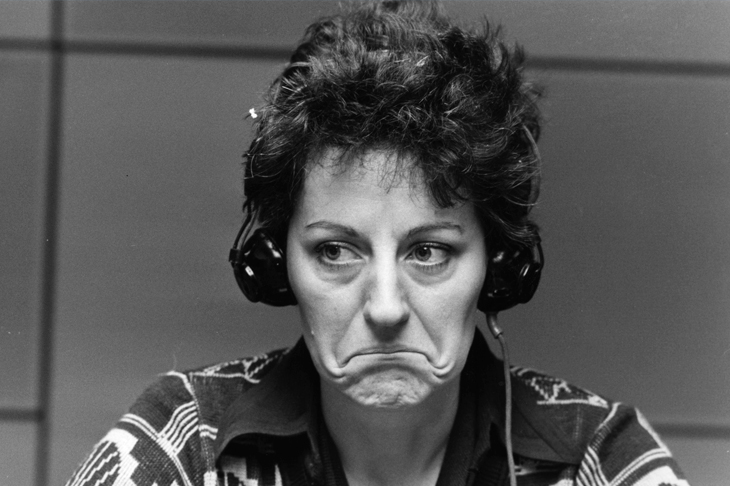
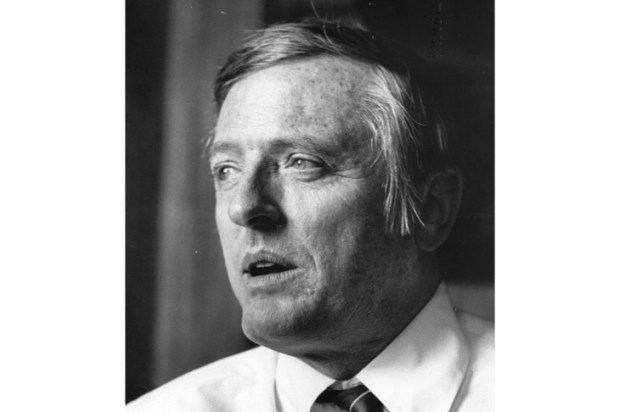
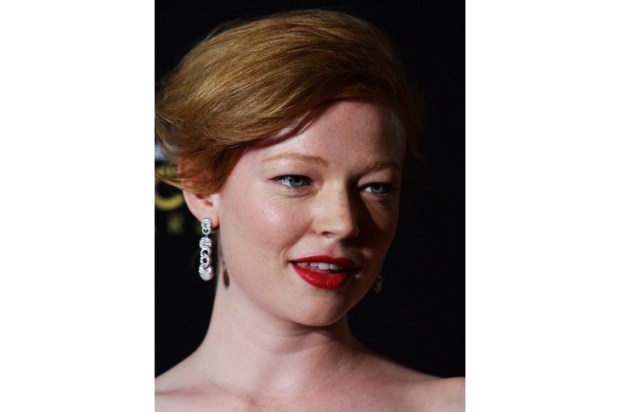
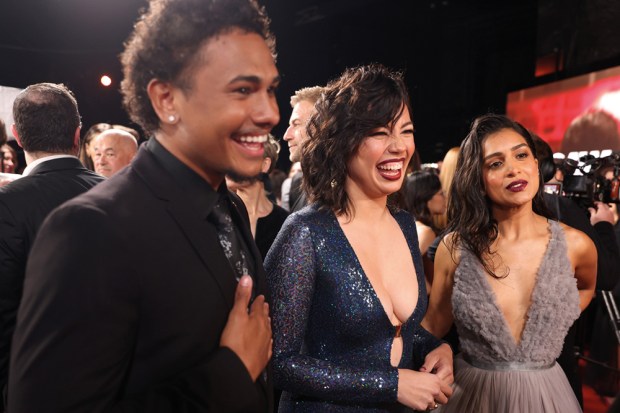
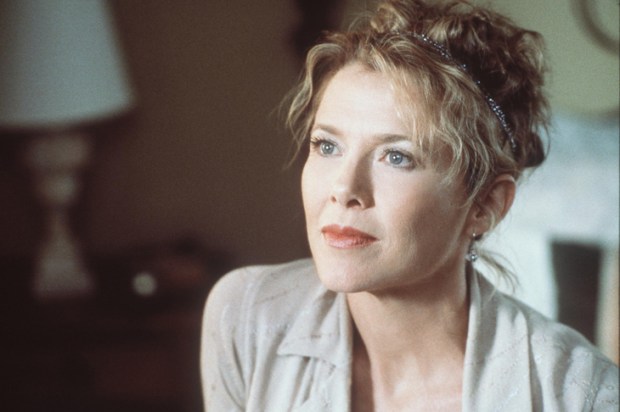

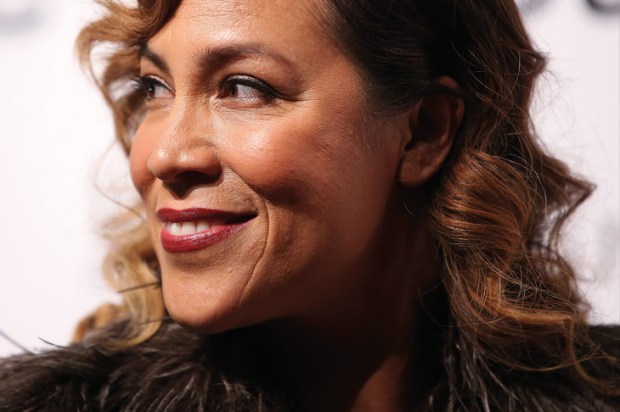






Comments
Don't miss out
Join the conversation with other Spectator Australia readers. Subscribe to leave a comment.
SUBSCRIBEAlready a subscriber? Log in